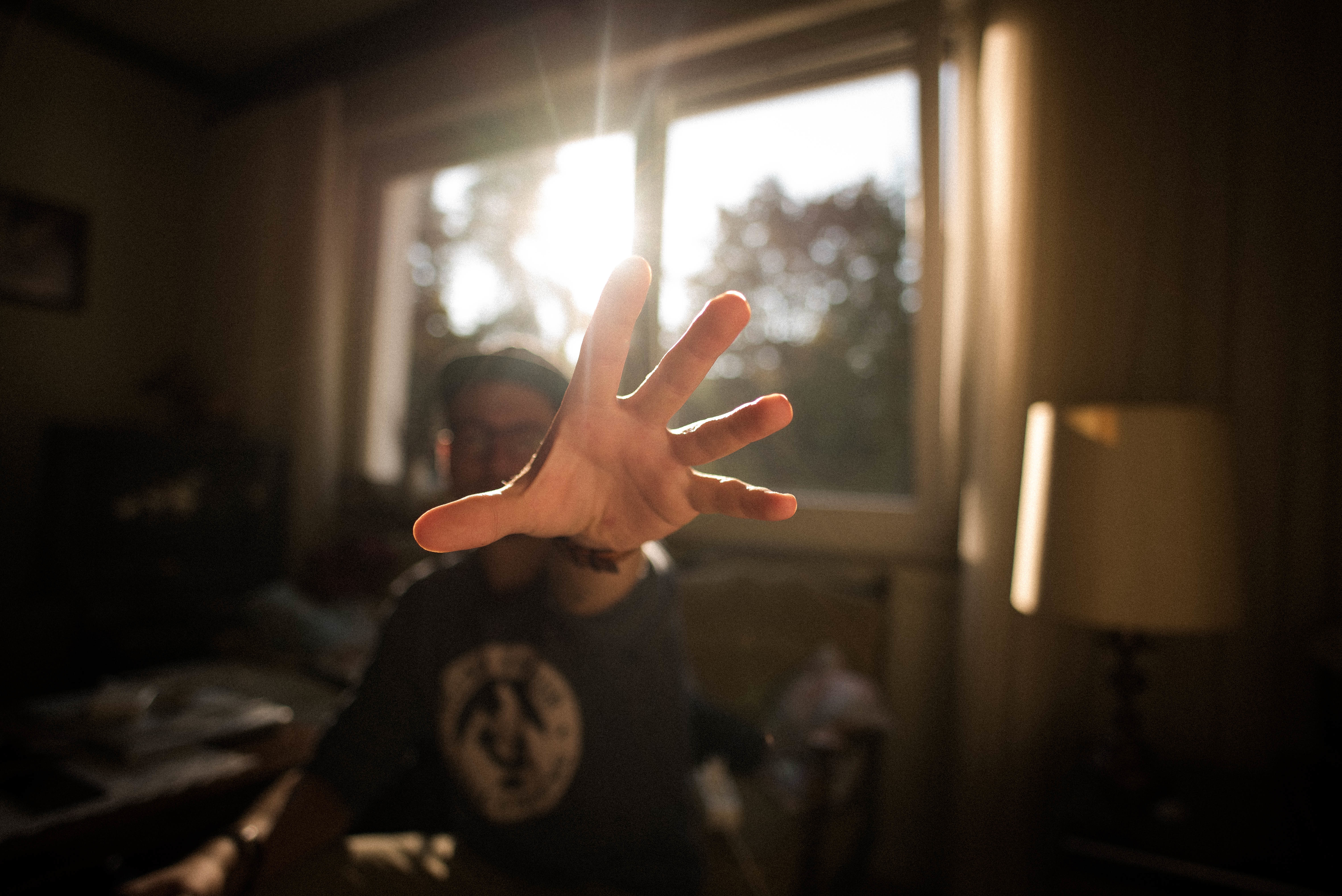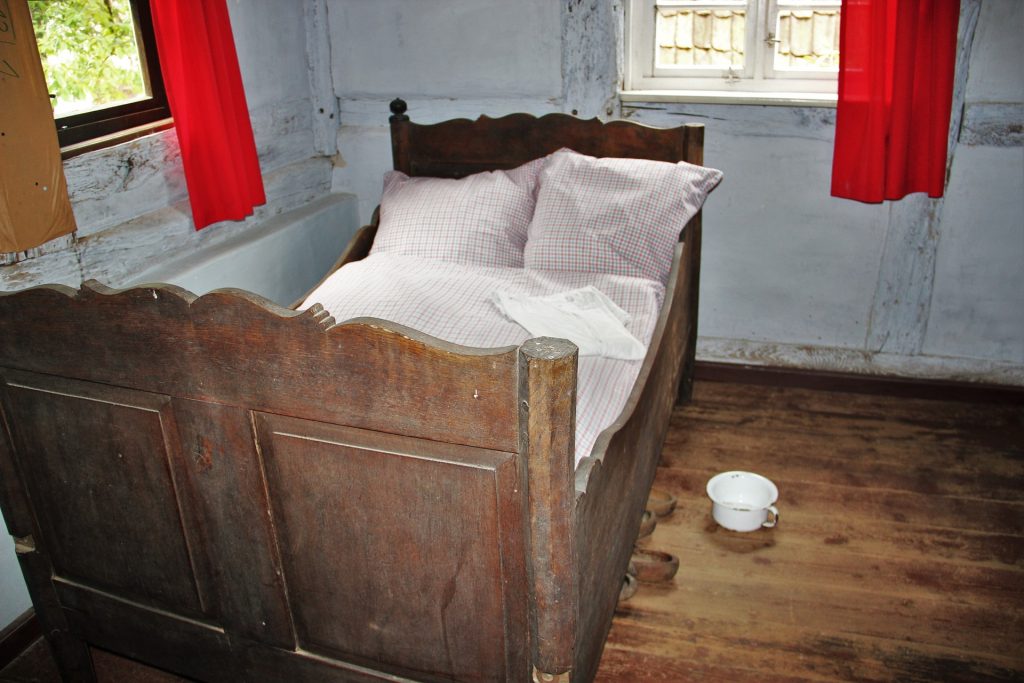Last week the Supreme Court decided that the ‘bedroom tax’ breaches human rights, because it discriminates against those with a medical need for an extra room.
Adam Wagner did a short post when it was decided. Here is a more detailed explanation of the case.
What is the bedroom tax?

Housing benefit is paid by the government to those on low incomes to help them with the cost of rent. In 2013, the Government announced it was introducing the ‘bedroom tax.’ This meant that anyone with a spare room would get less housing benefit – 14 pence in the pound less for one spare room or 25 pence in the pound less for two or more spare rooms.
What does ‘spare’ room mean?
Under the bedroom tax, a couple is only entitled to one room between them. Two children under ten and two children of the same sex are only entitled to one room. Any more bedrooms than that, and the tax will apply.
Isn’t that a bit harsh?
People quickly and successfully challenged the new tax in court. Judges agreed the tax was unreasonable for some families. As a result of these earlier cases, the tax rules were changed. Adults who had a room for an overnight carer became exempt (as long as it was an adult and not a child who needed the care). The courts also held that it was wrong to make children with severe disabilities share a room. This decision, though, only affected children who couldn’t be expected to share a room: no exemption was made for an adult couple who might be in a similar situation.
What was last week’s case about?
Last week’s case, in simple terms, was another challenge to the bedroom tax on three different grounds: adults with disabilities, adults with children with disabilities and houses set up for women fleeing domestic violence should not be subject to the bedroom tax. They said it was breach of their human right to a home life and discriminatory. They also argued that where local councils were making decisions about cases individually, people had a right to know exactly what the rules were. The challengers argued that the rules relating to the bedroom tax were not clear enough.
The Court’s decision

The outcome of the case was a mixed bag. The court said there was no difference between adults with severe disabilities and children who needed an overnight carer. In both cases, they were entitled to an extra room and should not have to pay the bedroom tax.
The other claims failed. The judges said that that how the bedroom tax works is a question of policy. Parliament and the government had considered the policy in depth. It couldn’t be said that in those cases, the tax is ‘manifestly without reasonable foundation’.
What happens next?

The government will have to change the rules on the bedroom tax to make it fair to both adults and children who have a medical reason why they can’t share a room or who need overnight care.
Subscribe to get free human rights updates right in your inbox
For more see:
- News: The UN Just Criticised The UK’s Record On Disability Rights here
- News: Changes To Welfare Benefits Criticised By Disability Rights Campaigners here
- Your Rights: What Human Rights Do For Disability here
- News: Bedroom Tax Breaches Human Rights Laws Says Supreme Court here








